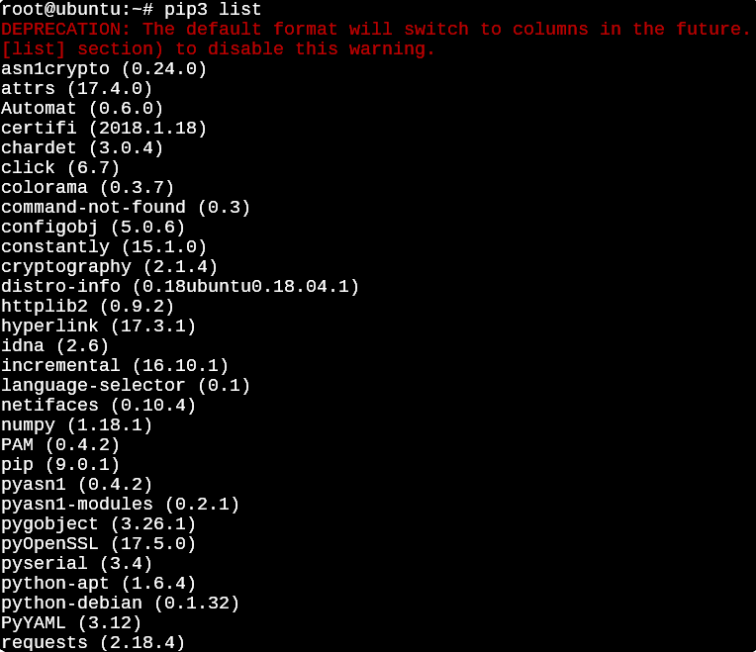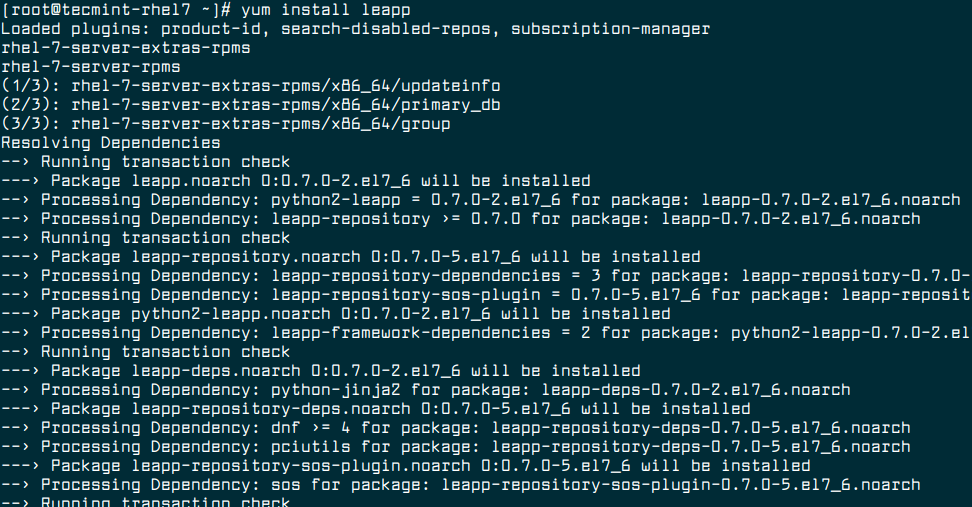
It has no idea about RPM format either, nor about what you already have installed through the system ( yum) packages. Now, pip is the installer/manager for Python modules available via PyPI.īut it has no idea whatsoever about your package manager. All the packaged software that depends on Python modules in one way or the other, will depend on the system-packaged Python modules. Python modules that are available through yum ( dnf) often serve as a base for the core OS functions like yum itself. You can simply install them as any other package, for example: sudo yum install python2-requests You will find that many Python modules are available through the yum repositories as RPM packages, e.g.:

For CentOS/RHEL/Fedora, it’s yum or dnf, and this is what we’ll touch in our examples.


But their common feature is the package management system.įor Debian-based systems, that is apt. Here, I’m going to touch on why not to run pip as root, give some examples on how it’s going to break things miserably, and what to do instead.Įach Linux/GNU distro is unique in some way.


 0 kommentar(er)
0 kommentar(er)
